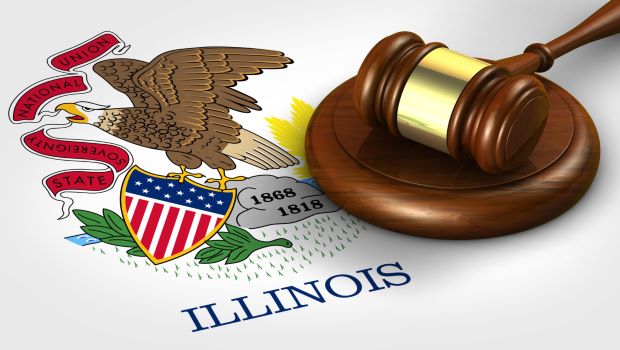If you have ever been arrested for a DUI in the state of Illinois, getting into Canada can be difficult. The Canadian government can deny entry to anyone who has a criminal record or even an arrest record. Because a DUI charge may be deemed a felony in Canada, border patrol officers can stop you from crossing the border. However, not all DUI arrests are straightforward, and not all will prevent you from entering Canada.
For example, in the state of Illinois, you may receive what is called “Court Supervision” for driving under the influence, which is different from a DUI conviction. Court Supervision will still stop you from entering Canada, but only until it is successfully completed. After this point, you may be able to travel to Canada once again.
Let’s learn more about how Court Supervision works, and when you can safely and legally travel to Canada.
What is Court Supervision in Illinois?
Court Supervision is available once in a person’s lifetime for driving under the influence in Illinois. This sentence is the best possible result for someone who was arrested for a misdemeanor DUI. Court Supervision is not an available sentencing option for felony DUIs. The final decision is always left up to the judge and/or prosecutor, so it’s never a guarantee.
The benefit of Court Supervision is that you can avoid having a conviction on your record. Once you successfully complete your sentence, the case is dismissed. During your supervision period, you may also keep your driver’s license. If the judge does not accept your request for supervision, you may still get a misdemeanor charge and have to serve jail time and pay fines.
How Does Court Supervision Work?
In order to complete Court Supervision, you must fulfill certain requirements. This may include drug/alcohol evaluations, community service, payment of fines and court costs, completion of a Victim Impact Panel and avoiding any new criminal charges. Usually, Court Supervision lasts 12-24 months.
Once the sentence is successfully complete, the case closes and no conviction goes on your record. But, if you fail to complete your Court Supervision, it is possible to be re-sentenced. This means that the judge will probably change your punishment to the full sentence of the original charge, which could include 1 year in jail and a fine.
Can I Travel to Canada with a Court Supervision Sentence?
Canada and the United States share criminal history data and driving records. When you arrive at the border, it only takes seconds to look up your records and see your arrest. Even though a DUI Court Supervision isn’t a serious crime in Illinois, it is viewed as such in Canada. As a result, a Court Supervision sentence can deny you entry into Canada.
With that being said, once you successfully complete the conditions of your Court Supervision, the offense will be removed from your record, and you will not have a criminal record. If you have no other criminal offenses on your record, you may be allowed to enter Canada once you complete Court Supervision.
In this situation, you may benefit from a Legal Opinion letter, which will explain how and when Canada may grant you entry despite having had a DUI arrest in the past.
What if I Need to Travel to Canada During My Court Supervision?
Canada treats a DUI supervision as a conviction for the time being. Therefore, if you need to travel to Canada while you are under Court Supervision, you’ll need permission from the Canadian government by way of applying for and obtaining a Temporary Resident Permit (TRP).
The TRP will allow you to enter Canada for a specific period of time, and up to a maximum of three (3) years at a time. Once expired, you can have the TRP be renewed if necessary. In addition, you may request a TRP at any point, even if you were just recently arrested.
No matter your circumstances, never lie to Canadian border patrol about your criminal history. It’s against the law, and you could permanently lose your rights to enter the country. Always be honest and upfront about your situation, and talk to an immigration attorney about your personal circumstances.



